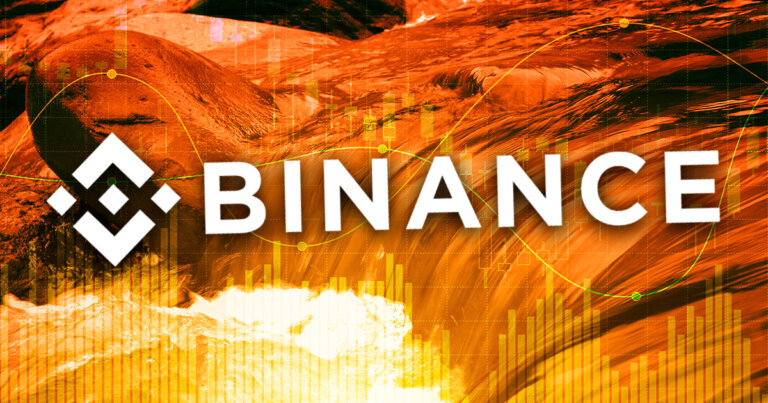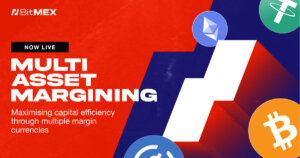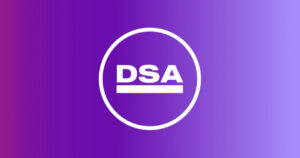 TRON’s Justin Sun, Cardano’s Charles Hoskinson side with Binance in SEC case
TRON’s Justin Sun, Cardano’s Charles Hoskinson side with Binance in SEC case TRON’s Justin Sun, Cardano’s Charles Hoskinson side with Binance in SEC case
Sun expressed support for CZ while Hoskinson warned of wider regulatory action.

Cover art/illustration via CryptoSlate. Image includes combined content which may include AI-generated content.
Binance attracted support from other members of the cryptocurrency industry on June 5 after receiving charges of securities violations on the same day.
TRON founder expresses support
The U.S. Securities and Exchange Commission (SEC) filed charges against Binance CEO Changpeng Zhao and various associated companies.
Following that news, Huobi advisor and former TRON CEO Justin Sun expressed support for Zhao. In a Twitter message, Sun wrote:
“I wanted to take a moment to express my unwavering support for you. As one of my friends, I trust you and believe in your integrity. We are here for you!”
Sun said that Zhao’s “abilities and ethics are beyond reproach” and called Zhao an “honest and upright person.” He also praised Zhao’s leadership skills.
Sun said he believes that Zhao will be able to handle the lawsuit and prove his innocence. Binance has said it plans to defend itself against the SEC, opting not to settle without admitting or denying wrongdoing, as many other companies have done.
The extent of Sun and Zhao’s relationship is unknown. While the two individuals say they have a limited business relationship, some reports suggest that Binance provided preferential treatment for Sun’s TRX token and that the two have been seen together in person. Incidentally, a conflict arose over Sun’s use of Binance in May 2023.
Sun and his related projects — including TRON — faced their own set of SEC charges in March. That case has not yet reached a settlement.
Hoskinson warns of broader action
Charles Hoskinson, the creator of Cardano and CEO of IOHK, also commented on Binance’s situation. He warned that events could be a sign of wider action. He said:
“[It] seems like the next in a series of steps to implement chokepoint 2.0 … The end goal is a agenda-based [Central Bank Digital Currency] partnered with a handful of massive banks and control over every aspect of your financial life.”
Hoskinson said that, whereas regulatory events include a debate about compliance with law or guidance, the SEC’s latest action is an expression of the regulator’s “political, philosophical disagreement” with the existence of cryptocurrency itself.
Hoskinson also complained that the SEC is unelected. However, SEC members are appointed by the elected government under the advice of Senate members.
Despite his concerns, Hoskinson said that he believes the cryptocurrency industry is “going to be fine” and said that this sort of conflict is not entirely new.



 CoinGlass
CoinGlass  Arkham Intelligence
Arkham Intelligence 



























































































